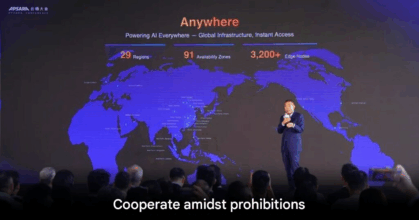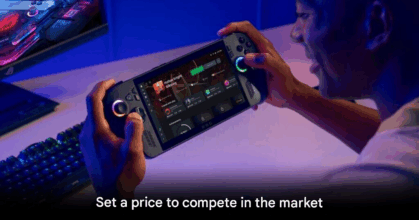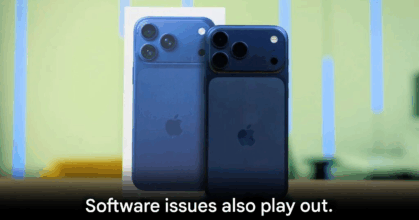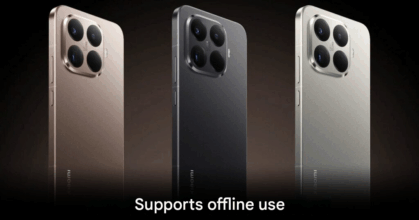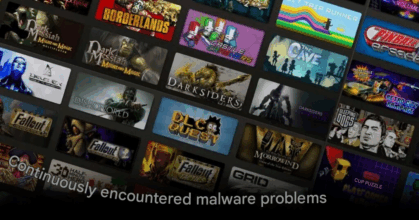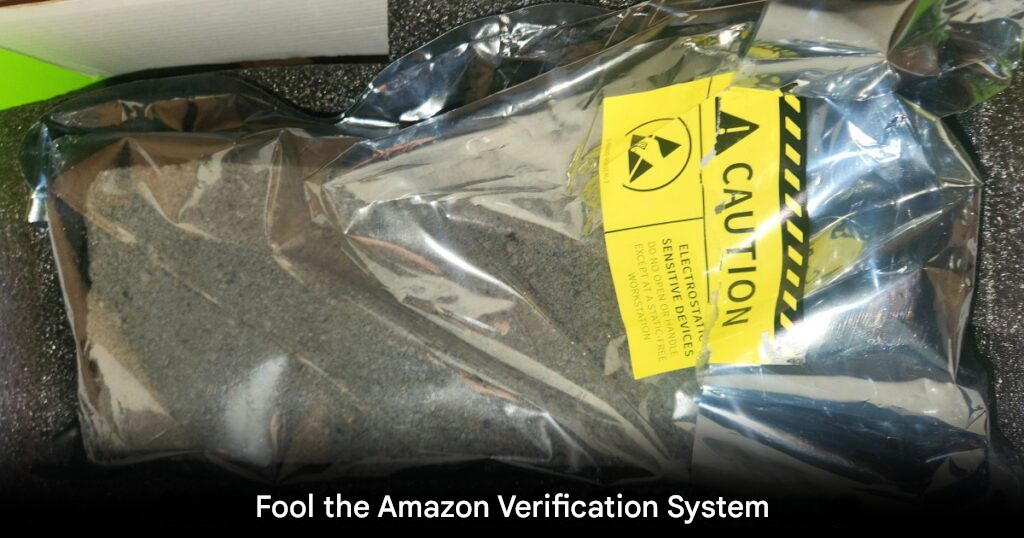
A bizarre incident recently surfaced on Reddit when a user named u/GlassHistorical5303 shared that they had ordered a PNY GeForce RTX 5080 from PNY’s official Amazon store, only to find a brick wrapped in a bag inside the box instead of the $1,000 graphics card. The post on r/pcmasterrace quickly went viral with over 16,000 upvotes and nearly 900 comments, sparking both outrage and humor across the PC community.
The scam was particularly effective because the brick’s weight closely matched the RTX 5080’s, which typically ranges between 2.2 and 3.5 kilograms. This similarity allowed the package to pass Amazon’s automated weight-based verification system without raising any red flags. Reddit users mocked the situation, with one joking, “Imagine a GPU getting bricked, now imagine an actual brick,” while another called it the “RTX 5080 BRIX Foundation Edition.”
At the heart of the problem is Amazon’s commingling system, which combines products from multiple sellers into a single warehouse inventory for easier fulfillment. While convenient, it creates a loophole for scammers who can return fake items — such as a brick or similarly weighted object — without triggering alarms. These counterfeit returns then get shipped to unsuspecting customers. Several Reddit commenters pointed out that Amazon’s serial number checks are not strict enough, making it difficult to track down those responsible.
This isn’t the first time such a case has occurred. In previous incidents, a customer in the Netherlands received noodles and rice instead of an RTX 5090, another on Newegg found a lump of metal instead of an RTX 4090, and one buyer received a bag of salt instead of an RTX 5070 Ti. Earlier this year, fake CPUs were also reported being sold on Amazon.
The affected customer in this latest case has already requested a refund from Amazon and hopes to receive a legitimate GPU soon. Reddit users advised buyers to purchase from sellers using FNSKU codes rather than UPC to avoid inventory mixing. Others shared stories of scammers who exploited Amazon’s system for tens of thousands of dollars — one of whom ended up in prison after defrauding the company of more than $25,000.
This incident highlights a growing concern among online shoppers: while platforms like Amazon offer convenience, their automated systems can be exploited in surprisingly simple ways. For high-value tech purchases, experts recommend buying directly from verified sellers and avoiding listings that rely on shared inventory systems.

